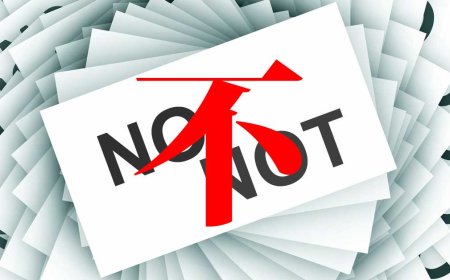Understanding "放題" in Japanese
In Japan, the term "放題" (hōdai) signifies more than just "all-you-can." It encapsulates a vibrant culture of unlimited dining, drinking, and experiences that invite both locals and visitors to indulge without limits.
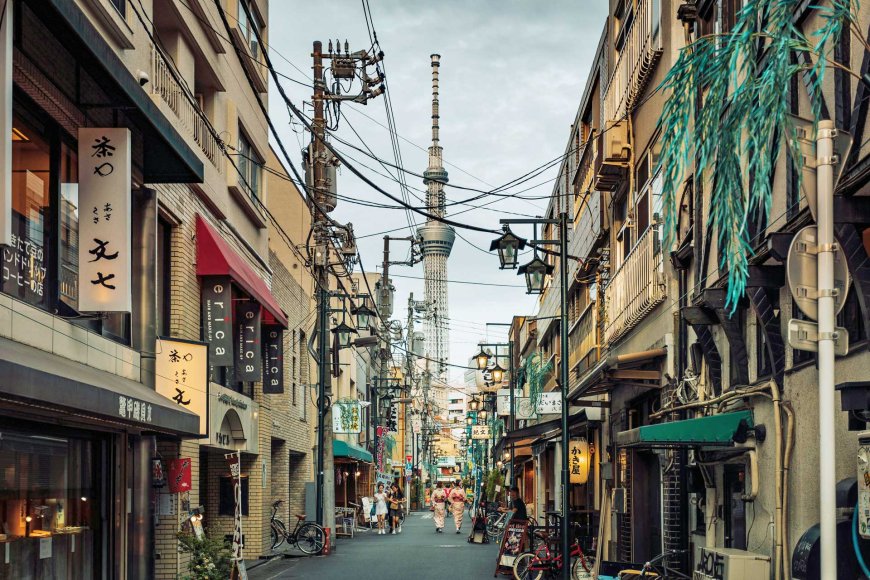
Unlocking the Joy of "放題" in Japan
In Japan, the term "放題" (pronounced “hōdai”) is widely used in various contexts, adding a unique and fun aspect to Japanese life and culture. The kanji "放" means "release" or "freedom," and "題" means "limit." Together, "放題" roughly translates to "all-you-can" or "unlimited," referring to a service or activity with no restrictions. Whether it's all-you-can-eat meals, all-you-can-drink offerings, or even unlimited access to certain services, "放題" is a word that anyone living in or visiting Japan will encounter often.
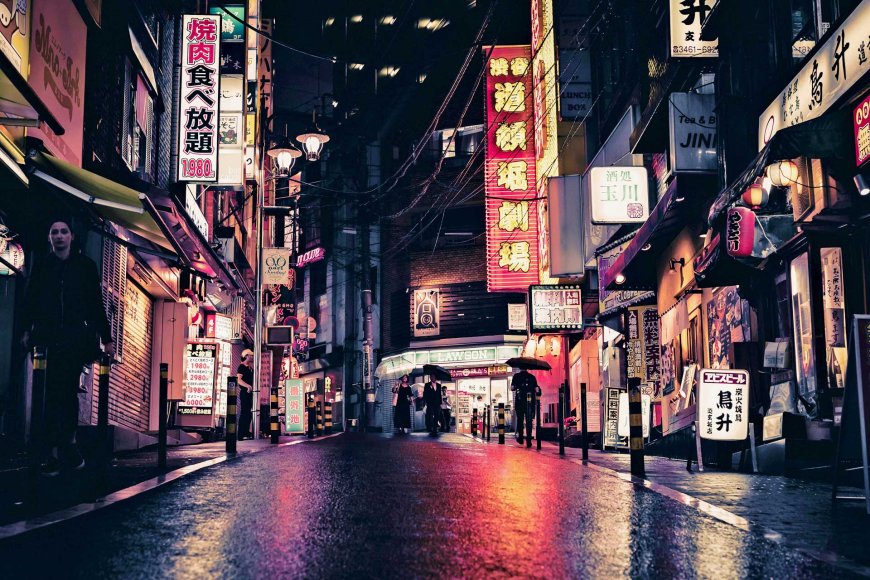
The Basics of "放題"
In Japan, "放題" is often used as a suffix attached to a noun, and it conveys the idea of “as much as you want.” The most common forms of "放題" include:
- 食べ放題 (たべほうだい, tabe hōdai) – All-you-can-eat
- 飲み放題 (のみほうだい, nomi hōdai) – All-you-can-drink
- 使い放題 (つかいほうだい, tsukai hōdai) – Unlimited use
- 乗り放題 (のりほうだい, nori hōdai) – Unlimited rides
When learning Japanese, it is important to understand how the term "放題" is formed and how it can apply to various situations. While "食べ放題" and "飲み放題" are two of the most common uses, the possibilities of what can be "放題" are endless!
Key Vocabulary:
- 食べる (たべる, taberu) – To eat
- 飲む (のむ, nomu) – To drink
- 使う (つかう, tsukau) – To use
- 乗る (のる, noru) – To ride
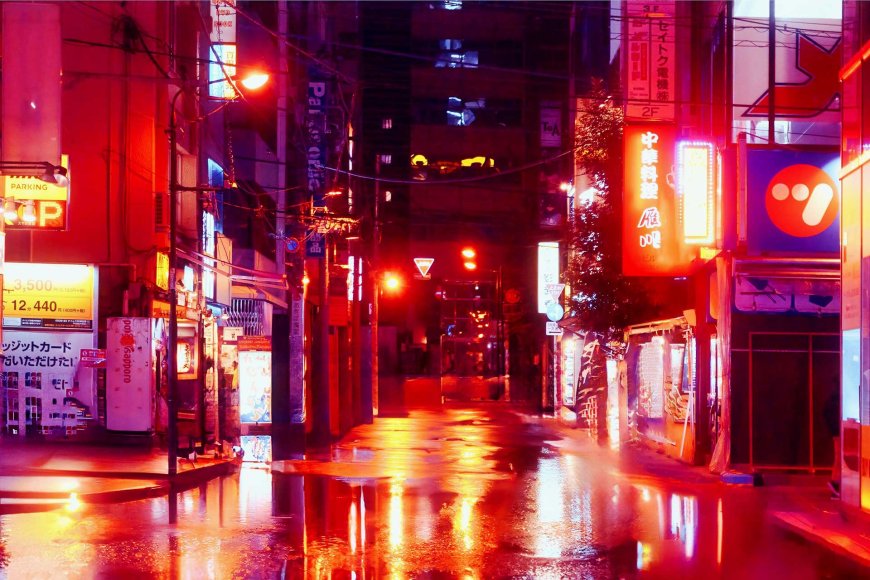
食べ放題 (Tabe Hōdai) – All-You-Can-Eat
"食べ放題" is one of the most popular uses of "放題" and refers to restaurants or buffets that offer customers the chance to eat as much as they want for a set price. These all-you-can-eat establishments are especially popular in yakiniku (Japanese BBQ) restaurants, sushi bars, and buffet-style dining places.
When you go to a "食べ放題" restaurant, you’ll usually be given a set time limit, such as 60, 90, or 120 minutes, within which you can eat as much as you like. It’s important to be mindful of how much food you take, as some places will charge an extra fee for leftover food as a way to reduce waste.
Example Sentence:
- 食べ放題のレストランに行こう!(たべほうだいのレストランにいこう!) – Let’s go to an all-you-can-eat restaurant!
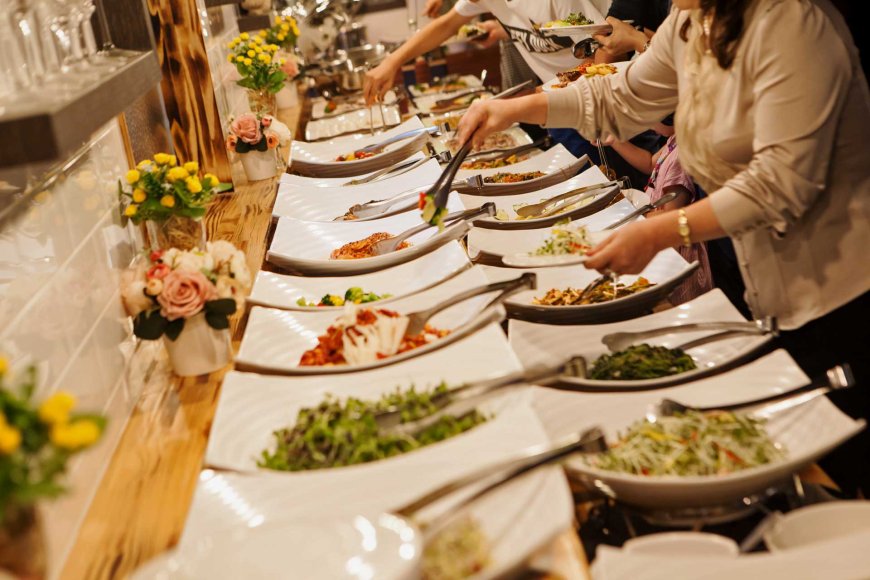
飲み放題 (Nomi Hōdai) – All-You-Can-Drink
"飲み放題" is the drinking equivalent of "食べ放題" and is very popular in Japan’s nightlife scene. Many izakayas (Japanese pubs) offer "飲み放題" plans, where you can drink unlimited amounts of alcohol or non-alcoholic beverages for a set price. Typically, this lasts for a limited time, such as two hours.
This system is ideal for large gatherings, parties, or work events where people want to socialize over drinks without worrying about the bill adding up. However, similar to "食べ放題," it is important to be responsible and drink within your limits.
Example Sentence:
- 飲み放題のコースを頼んだ。(のみほうだいのコースをたのんだ。) – I ordered the all-you-can-drink course.
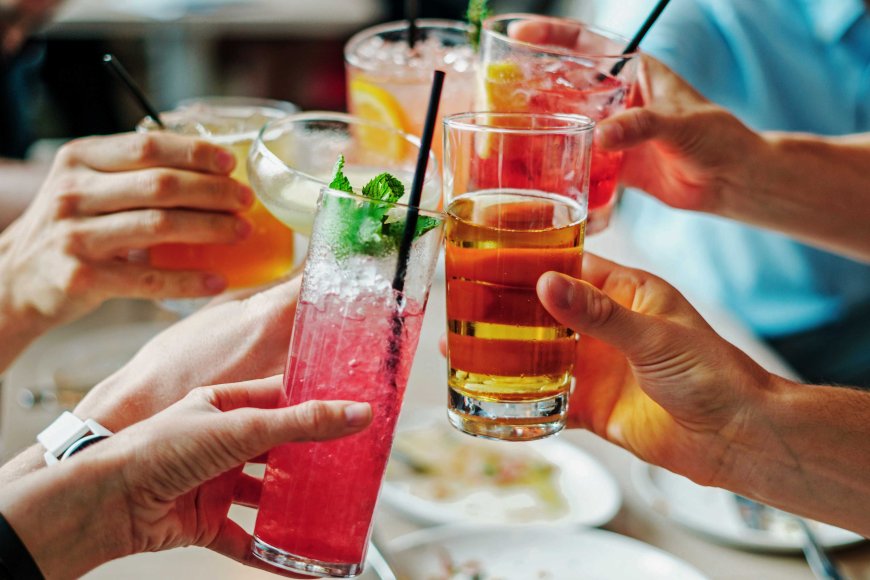
使い放題 (Tsukai Hōdai) – Unlimited Use
"使い放題" refers to unlimited use of a particular service or item, usually for a set fee. It is often used in the context of data plans for mobile phones, where you might hear “データ使い放題” (unlimited data usage). It can also refer to rental services, where you can use a product as many times as you want within a specified time.
For example, if you’re renting a bicycle for a day, the shop may offer a "使い放題" plan where you can ride the bike as much as you want during the rental period.
Example Sentence:
- このプランではデータが使い放題です。(このプランではデータがつかいほうだいです。) – With this plan, data is unlimited.

乗り放題 (Nori Hōdai) – Unlimited Rides
"乗り放題" is most commonly used for transportation services. A popular example is the JR (Japan Rail) pass, which offers unlimited train rides on certain routes for a fixed period, usually aimed at tourists. This allows travelers to explore different parts of Japan using public transportation without worrying about purchasing tickets each time they board a train.
Unlimited ride passes are also common for buses, subways, and even amusement parks, where you can ride as many attractions as you like for the entire day.
Example Sentence:
- 一日乗り放題のチケットを買いました。(いちにちのりほうだいのチケットをかいました。) – I bought an unlimited ride ticket for one day.

"放題" and Japanese Culture
The concept of "放題" aligns with Japan’s strong focus on customer satisfaction and value for money. It reflects the desire to provide consumers with freedom and variety, encouraging them to indulge in experiences without worrying about limitations.
In Japan, these offers are not just about excess but also about efficiency. "放題" deals often come with time limits, challenging customers to make the most of their experience within a set period. For language learners, it’s a great way to practice practical Japanese in everyday settings.

Unlimited Experiences with "放題"
Incorporating "放題" into your Japanese vocabulary opens the door to enjoying various unlimited experiences, whether it’s food, drinks, or services. Understanding how to use "放題" in daily life will not only enhance your language skills but also give you insight into a key aspect of Japanese culture that values hospitality, enjoyment, and practicality.
The next time you see a "放題" sign in Japan, you’ll know exactly what to expect – unlimited fun!
Find Cheap Flight Tickets to any Destinations in Japan and the Philippines
Nipino.com is committed to providing you with accurate and genuine content. Let us know your opinion by clicking HERE.




















































